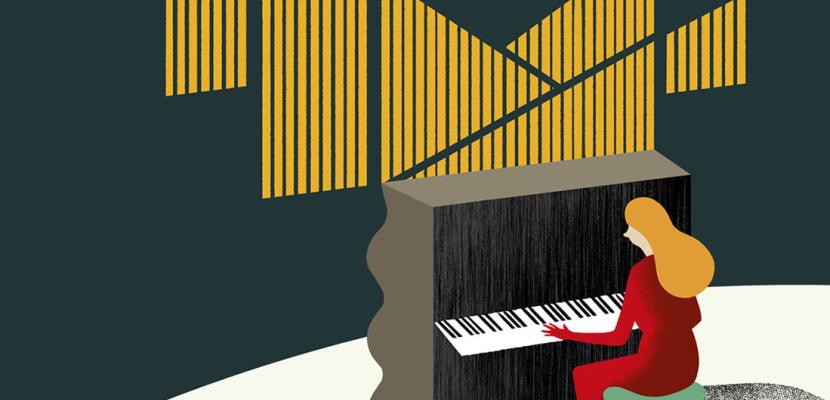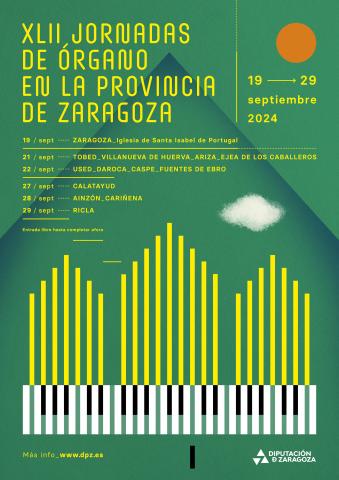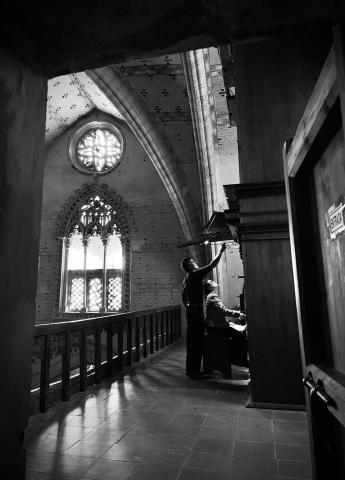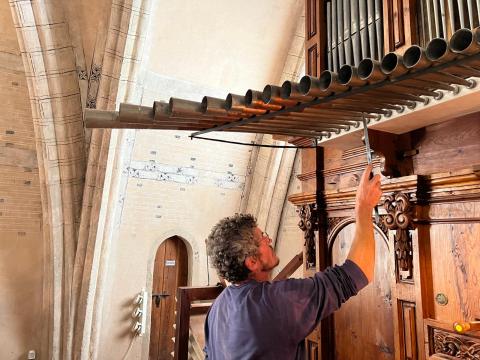
Revitalizing Zaragoza’s Historic Pipe Organs: Restoration and Cultural Engagement

About this good practice
In Catholic Europe, pipe organs have played a key role in religious and cultural expression, representing both tangible and intangible heritage. The province of Zaragoza stands out for preserving exceptional examples from the 15th to the 20th century. In the 1980s, the Provincial Council of Zaragoza (DPZ) launched a project to restore historical organs, collaborating with the dioceses of Tarazona and Zaragoza, as well as local councils.
The initiative involved studying and cataloging historical organs, followed by restoration work that began in 1986. Annual restoration plans were implemented, culminating in the last program (2010–2012), with funding shared between DPZ (60%), dioceses (30%), and local councils (10%), totaling €320,000. These efforts led to the designation of 33 organs as Assets of Cultural Interest (BIC) by 2022.
Key stakeholders include local authorities, dioceses, and citizens. The main beneficiaries are local communities and visitors, who can enjoy restored organs during the annual "Organ Days" event. This initiative brings music to 10–15 municipalities each year, featuring internationally renowned organists that play accross the villages. It allow to popen churches across the province for cultural activities, fostering public engagement with this heritage. Additionally, regular use of the organs ensures their annual maintenance and tuning, helping to preserve these significant elements of Zaragoza’s cultural heritage.
Resources needed
The budget for organ restoration has varied over time and is structured in multi-year programs, with the latest amounting to €320,000. The annual cost of organizing the "Organ Days" event is approximately €25,000 and requires the dedication of five staff members from the Provincial Council.
Evidence of success
This well-established event, with over 40 years of tradition, brings citizens closer to the efforts and investments in cultural heritage while ensuring the proper use of these historical organs through high-level concerts. The festival attracts not only local audiences but also visitors from across Spain.
Concert admission is free until full capacity is reached. Additionally, there is a parallel program of free activities includes workshops, guided tours, and a music-theater performance.
Potential for learning or transfer
This practice of restoring and promoting historical pipe organs in Zaragoza offers valuable lessons for other regions with similar cultural and heritage assets. Key success factors include strong collaboration between local authorities, dioceses, and cultural organizations, as well as the integration of cultural heritage with community engagement through high-level musical events.
The multi-year, well-funded restoration programs and the involvement of local municipalities ensure sustainability and broad local support.
Regions with a rich cultural heritage, particularly in rural areas, could benefit from adapting this practice to enhance public engagement and preserve valuable cultural assets.
Further information
Images
Website
Good practice owner
You can contact the good practice owner below for more detailed information.


